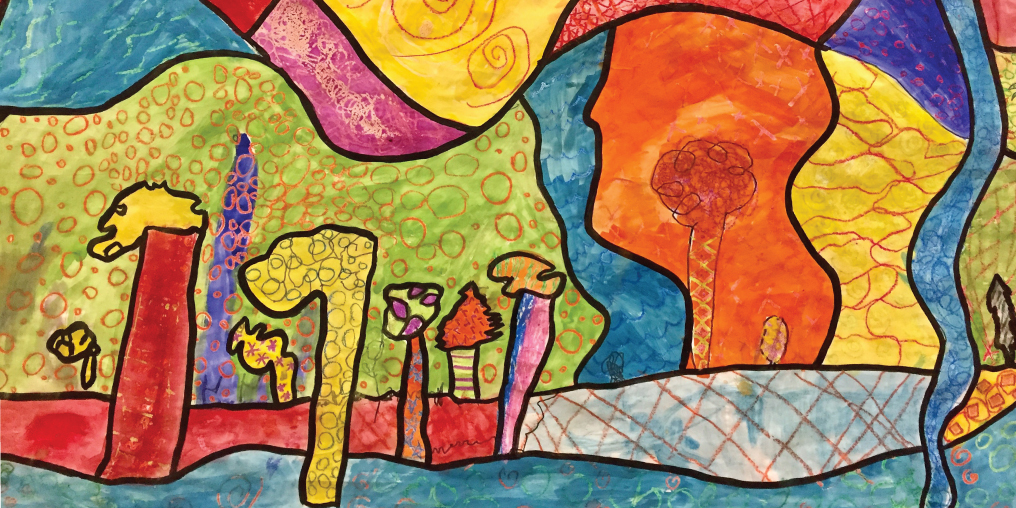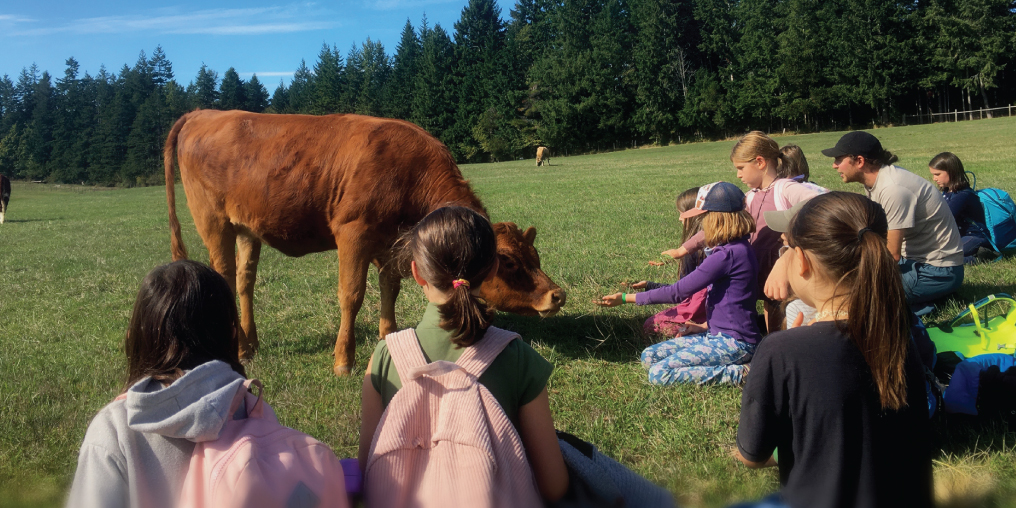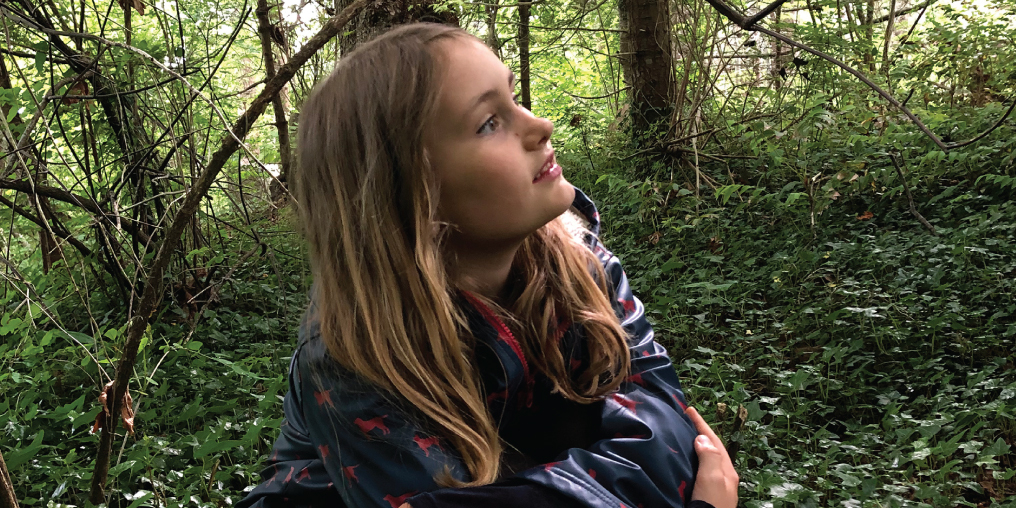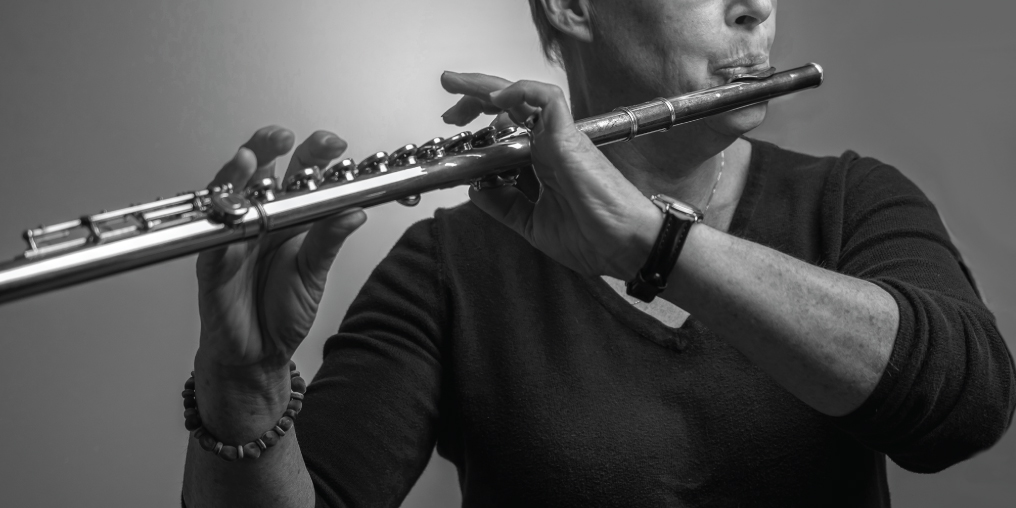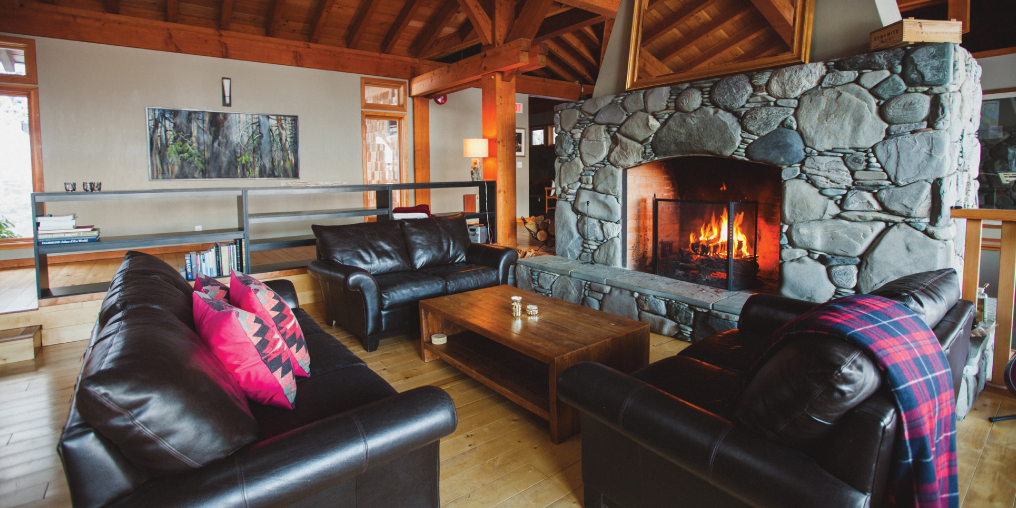When I moved to the Comox Valley as a new-ish parent, thinking about things like good schools felt far off. Since then, I’ve spoken with lots of parents who agree that the Comox Valley is spoiled for choice when it comes to education options. We’ve got some of the best rated public schools in B.C., several excellent French immersion programs, a startup Waldorf school, a Montessori-inspired school and more. To top it off, we’re home to the Navigate program, powered by North Island Distance Education School (NIDES), so even if none of those other options are exactly the right fit, there’s best-in-class support for homeschooling.
A few years ago, an idea was floated for a new pilot school that combined 21st century learning concepts in a classroom setting for three days a week, backed by the same kind of homeschooling support NIDES provides for the other two days. It was named the Fine Arts eCademy (FAE). Teachers in the classroom use the arts to focus project-based learning and develop students’ confidence and emotional intelligence, while parents teach reading, science and math at home, supported by the teachers. Rather than being assigned topics, students use their own interests as a basis for their learning, called a “Spark.”
The project-based approach facilitates both a love of learning and tenacity to push through problems. Kids research and report on topics that interest them personally, resulting in them pushing deeper than simply writing the rote answers and calling it done. Project-based learning sounds a bit nebulous at first, but it applies in a broad way to most of the activities at FAE. It’s more of a guiding educational philosophy than a specific set of activities. Students work on their projects on multiple levels: individually, within ‘pods’ (classes) comprised of students from three grades, and also across the classes, allowing students to learn from and mentor students of all ages.
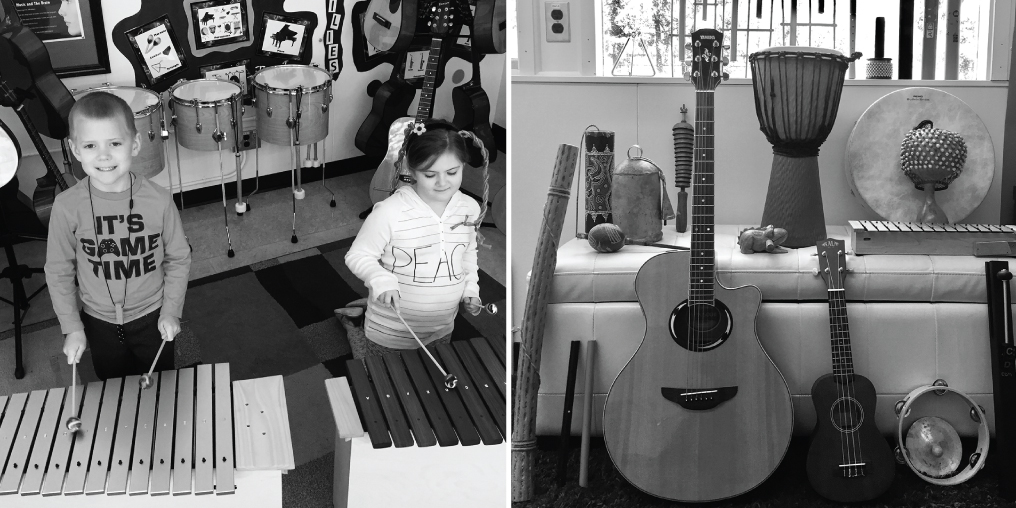
The school leans heavily on community involvement. Three times a year, between each of the learning segments, is a Compass Week where local community members run short workshops for the students that cover a variety of topics including science, herbalism, pottery, chess, and more. Jenn Forsland, the music teacher, has been able to tap into her wide range of connections to bring in recording artists, community choirs, and professional musicians to give the students a more direct connection to the ways that music integrates with our lives beyond school. K-2 pod teacher Laura Mann spearheaded the development of a community garden that flourished because of the time devoted by parents and students alike.
If this all sounds like sunshine and rainbows, it’s because I’m glossing over one of the most challenging aspects: the homeschooling component. There’s a reason we send our kids to be taught by other people. When it’s time to learn, separating your parent-self from your teacher-self can be a challenge that many of us struggle with. Juggling schedules, re-learning things you haven’t looked at in decades, and getting to experience the world of modern online learning tools is all part of the work. For families with two parents working regular jobs, this setup would be extremely difficult to manage without help, and we rely on the cottage industry of extracurricular services that’s sprung up in this ecosystem.
Five years into the program and FAE is off to a strong start. In October the school was awarded first place and a grand prize of $25,000 as the winner of the 2016 Canadian Innovators in Education Award from the Canadian Education Association (CEA) and Reader’s Digest magazine.
Whether you’re a parent, an educator, or a community member with something to contribute to the education of the next generation, check out FAE at navigatenides.com You’ll be glad you did.

